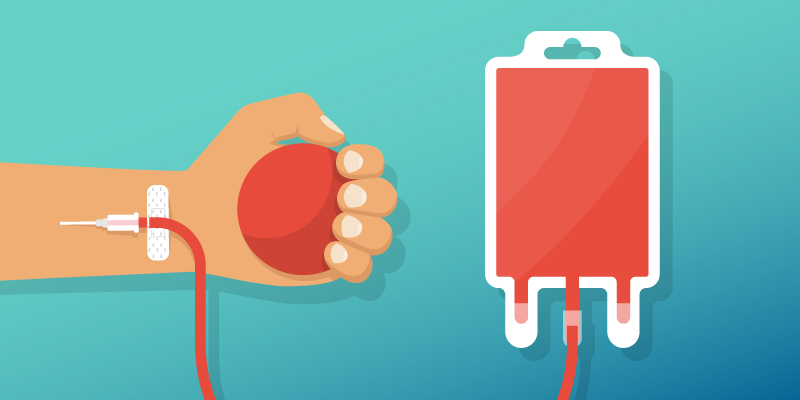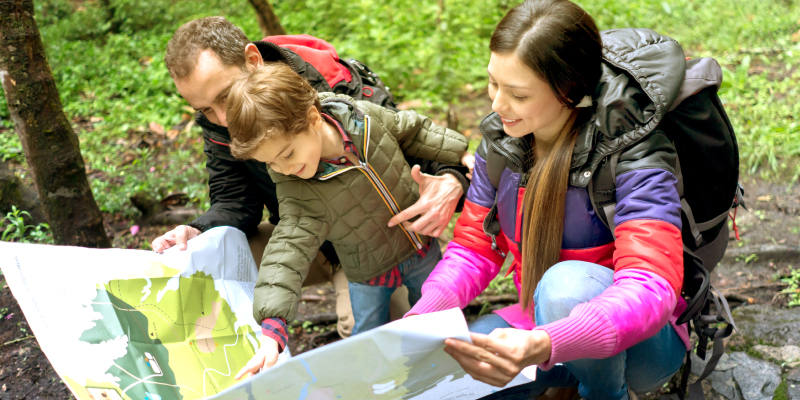If you need to make some extra money and you enjoy helping others, donating plasma could be a good option. Plasma is made up of the water, enzymes, proteins and antibodies in your blood. Companies process plasma to create medicines and to use in therapies. Since it can’t be created synthetically, and donated plasma does not go directly into the body of another person, businesses are willing to compensate donors for their time. If you’re considering a plasma donation, here are some things you should know:
- You need to be between 16 and 69 years old.
- You must weigh more than 110 pounds.
- You must be in good health and free of infectious diseases.
- You’ll have to pass a basic physical examination.
- You should bring a valid photo ID and have proof of your Social Security number.
- Some medications can prevent you from donating plasma.
- Recent body piercings or tattoos may also prevent you from donating.
- Some donation centers use promotions or coupons to draw in donors.
- Search online for local plasma donation centers—make sure the one you choose is IQPP-certified, such as BioLife, CSL Plasma, Grifols, and Octapharma.
- Drink lots of fluids before you go, as this will help your blood flow faster.
- Avoid caffeine and alcohol within 24 hours of donation, as these can affect your blood pressure and hydration levels.
- Pump your fist (e.g. use a stress ball) to help increase the rate of circulation.
- You can expect somewhere between $20 to $50 per visit, depending on the company.
- Some companies will pay you more for repeat donations.
- Payment is usually distributed in the form of a prepaid debit card.
- How much plasma you can give is dependent on your weight—the more you can donate, the more you can earn.
- Plasmapheresis, or the process of separating the plasma from the red blood cells, takes usually around 60-90 minutes.
- Your first donation will take longer than subsequent visits, because of the medical screening.
- Normally, you may only make two donations in a seven-day time period.
- Generally, you must wait 48 hours between visits.
Please check the official websites of the companies for specific details regarding rules and compensation regarding donating plasma.










